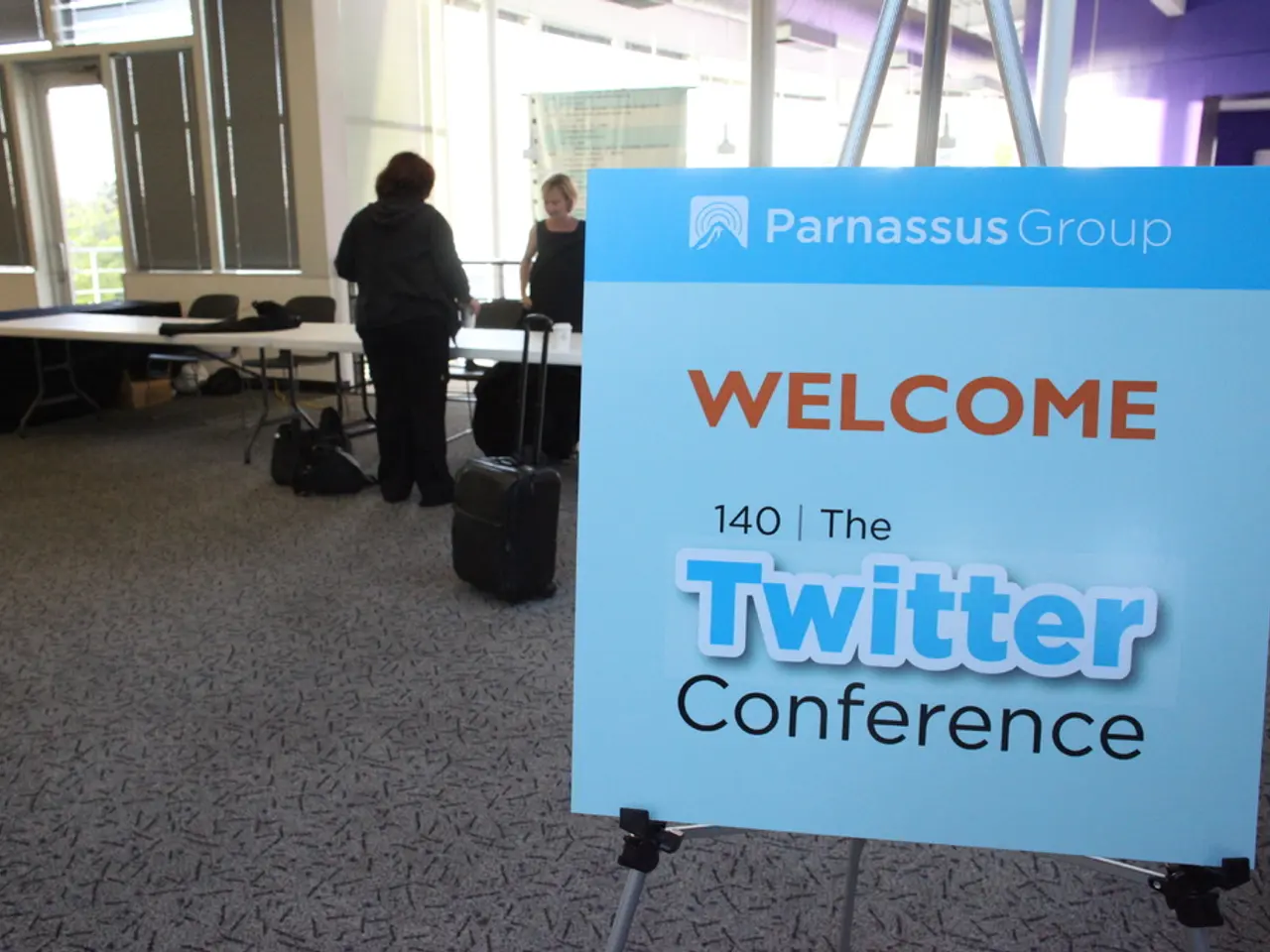Indian authorities have removed the Twitter accounts of the outlawed political party PFI (Popular Front of India) and its leaders.
The Union Home Ministry has notified a five-year restriction on the Popular Front of India (PFI) and its associates over alleged 'terror links'. The ban, announced on September 29, 2022, also affected three other organizations—the Campus Front of India, the National Confederation of Human Rights Organizations (NCHRO), and the Rehab India Foundation.
The PFI, in a declaration before the ban, stated that they have been working to prevent youth radicalization and bring them to the mainstream. However, the National Investigation Agency and the Enforcement Directorate have alleged that the PFI has links with the Islamic State terror group and held arms training schools. Probe agencies have claimed to have discovered a 'bomb-making manual' and physical education manuals as alleged evidence that the PFI 'wanted to establish Islamic policy in India by 2047'.
Among those who have condemned the PFI ban is Hyderabad MP Asaduddin Owaisi, chief of the All India Majlis-e-Ittehadul Muslimeen (AIMIM). Owaisi said the organization should not be criticized for the crimes committed by 'some people'. The Social Democratic Party of India (SDPI), a political descendant of the PFI, has also voiced their opposition, stating that the ban is a challenge to Indian freedom and civil liberties assured by the Constitution.
The PFI's student wing is planning to challenge the ban in court. Meanwhile, more than 200 PFI leaders were arrested in raids across the country over the past two weeks. The Popular Front of India's Twitter account @PFIofficial, which had approximately 81,000 followers, has also been withheld, along with the accounts of the PFI's chairperson, OMA Salam, and general secretary, Anis Ahmed.
Senior IUML leader MK Muneer described the PFI as a radical outfit that misinterprets the Quran and incites violence among local members. The Congress in Kerala and its coalition partner, the Indian Union Muslim League (IUML), called for the ban on PFI but also suggested that the RSS should be banned as well. The IUML echoed Muneer's sentiments, describing the PFI as a radical outfit.
The PFI's declaration of working to prevent youth radicalization and bring them to the mainstream raises questions about the extent of their involvement in alleged unlawful activities. As the case progresses, it remains to be seen how the courts will rule on the PFI's ban and whether the organization will be able to prove its commitment to peace and democracy.
Read also:
- United States tariffs pose a threat to India, necessitating the recruitment of adept negotiators or strategists, similar to those who had influenced Trump's decisions.
- Weekly happenings in the German Federal Parliament (Bundestag)
- Southwest region's most popular posts, accompanied by an inquiry:
- Discussion between Putin and Trump in Alaska could potentially overshadow Ukraine's concerns







